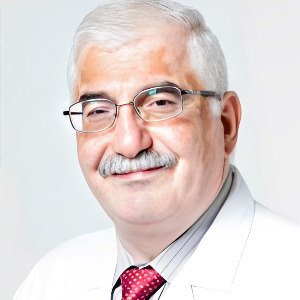Innovations in regenerative medicine and stem cell therapy for diabetes offer hope for restoring insulin production and reversing disease progression. Stem cell-derived beta-cell transplants are being developed to replace damaged pancreatic cells, providing a potential cure for type 1 diabetes. Advances in tissue engineering and gene editing technologies, such as CRISPR, enable the creation of personalized regenerative therapies. Encapsulation techniques protect transplanted cells from immune attack, enhancing long-term viability. While challenges remain in achieving sustained insulin secretion and immune tolerance, ongoing clinical trials are bringing regenerative medicine closer to clinical application. These breakthroughs could revolutionize diabetes treatment, reducing dependence on insulin therapy

Mahir Khalil Ibrahim Jallo
Gulf Medical University, Canada
F Buck Willis
Christian College of Medicine, Belize
Anil Harrison
Midwestern University, United States
David Petch
utR Biotech, Canada
F Buck Willis
Christian College of Medicine, Belize
Ashok Sharma
Indraprastha Apollo Hospital, India


